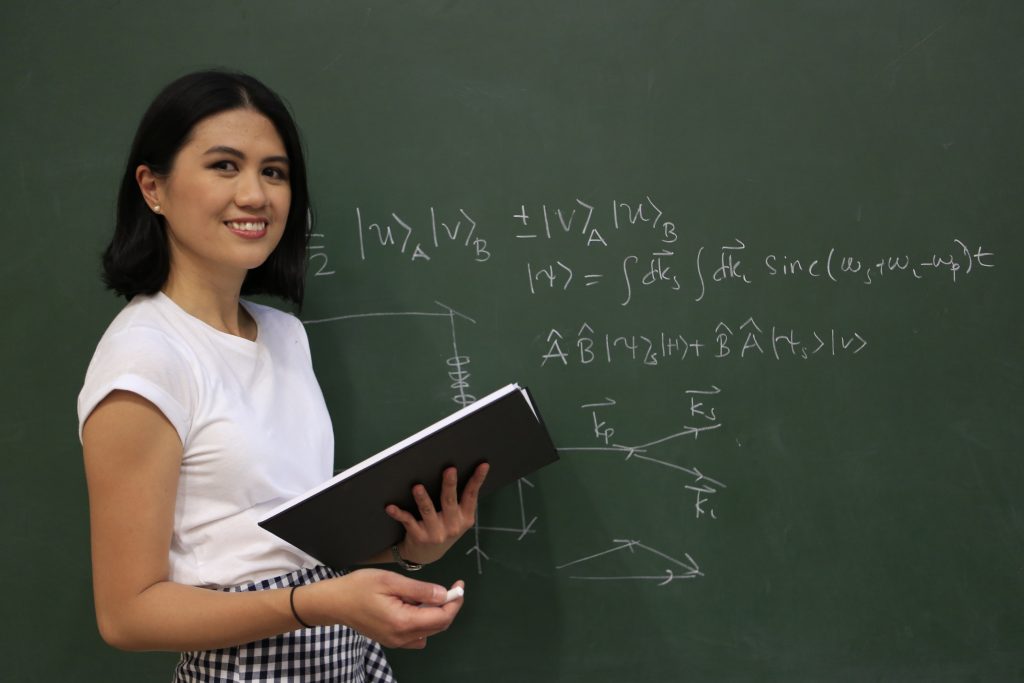International Day of Women and Girls in Science

“Tackling the challenges facing our planet and society, from improving health to combatting climate change, will rely on harnessing all talent. Diversity in research expands the pool of talented researchers, bringing in fresh perspectives, talent and creativity.” – United Nations (UN)
According to the UN, most countries, regardless of their level of development, have still not yet achieved gender equality in the fields of science, technology, engineering and mathematics (STEM). Only one third of researchers are women (33%), and women account for only 12% of members of national science academies.
The International Day of Women and Girls in Science (11th February) celebrates the many achievements women have made in STEM and calls for women and girls around the world to have equal access to STEM education and equal opportunities to succeed in STEM careers.
At Futurum, we have had the privilege to work with a huge range of inspiring women who are leaders in their STEM fields:
• Associate Professor Jacquiline Romero is a quantum physicist who is exploring how the phenomenon of quantum entanglement could make the internet more secure.
• Dr Kristina Ames is a cell biologist who is investigating what happens when the body’s blood production system fails and how to treat this problem.
• Dr Tran Nguyen is an atmospheric chemist who is discovering new chemical reactions that occur in the atmosphere and exploring what they mean for climate change.
• Dr Susan Creary is a clinical paediatrician who treats children with sickle cells disease and educates adults about sickle cell trait.
• Professor Renata Ivanek is an epidemiologist who uses mathematical models to track the outbreak of illnesses and food contamination.
• Dr Burcu Bulgurcu is a computer scientist who is improving cyber security to protect digital systems.
• Professor Rukmi Dutta is an electrical engineer who has invented a faster and more efficient type of electric motor.
• Dr Yamnia Cortés is a nurse scientist who developing interventions to improve health outcomes for perimenopausal Latinas.
• Professor Snežana Stanimirović is an astrophysicist who is uncovering how stars are formed.
• Dr Sarah Guindre-Parker is an ecologist who is studying how urban environments impact the health of urban wildlife.
• Dr Leslie Holland is a plant pathologist who is improving cranberry production by exploring the causes of fruit diseases.
• Dr Jenna Gilchrist is a psychologist who is improving the mental health of new university students by helping them regulate their emotions as they adapt to university life.
Visit www.futurumcareers.com/articles to read more articles about how women are contributing to advancements in STEM.
